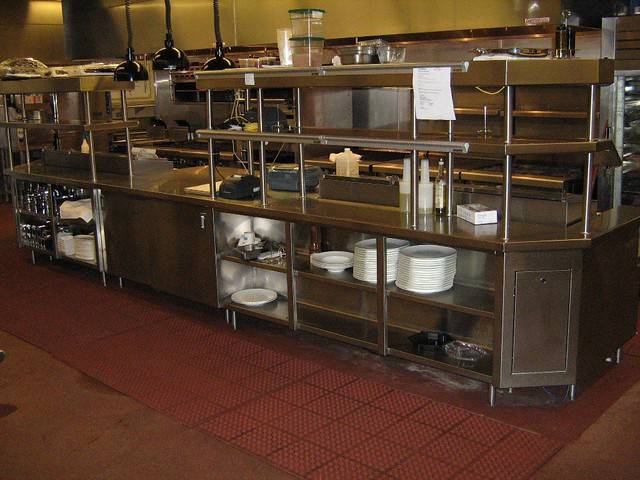
You might run a successful food business, or maybe you want to start one up soon. Rather than a restaurant, you may decide to mass-produce food items, so local grocery stores or specialty food stores start carrying them. Maybe you want to go national at some point if people seem to like your products and what you bring to the table.
One of the more significant choices you’ll have to make is whether you want to find a commercial kitchen space so you can self-manufacture or whether you’d like to employ a contract manufacturer. The industry sometimes uses the term co-packer or co-man to describe this second option.
There are ways you can make either system work, and there are costs associated with each. Let’s get into a bit more detail on that right now.
Why Choose a Food Co-Packer?
When you start to talk about the food co-packer vs. commercial kitchen costs dilemma, there is not likely to be a one-size-fits-all solution. You’re going to have to take a careful look at your budget, your capabilities, and your goals as well.
You can get yourself a co-packer, and they often have many different kinds of contract options to which they might agree. The best thing about using a co-packer or co-man is that they are an established food product manufacturer that has experience mass-producing food items. They can rapidly produce large product quantities, and if you don’t have a lot of experience in that area yet, you might decide to rely on them for that reason.
Using a Commercial Kitchen Space and Mass Producing Your Products
The other option involves you getting a commercial kitchen space and trying to mass-produce your products. This can be the more cost-effective option in some instances. The trade-off is that you likely don’t have personnel that have done this kind of work before.
Claim up to $26,000 per W2 Employee
- Billions of dollars in funding available
- Funds are available to U.S. Businesses NOW
- This is not a loan. These tax credits do not need to be repaid
You can sometimes find commercial kitchens in shared spaces, or you might opt for your own space. It’s sometimes nice to have comradery when you work in a shared area. You might get collaboration or new product ideas that way.
Food Co-Packer Costs
If money is your first concern, you should know that hiring a food co-packer is seldom cheap. You’ll have to find room in your operating budget if you go that route.
Food co-packers usually use one of three payment options. They’ll either want a flat day rate option, a per hour rate, or a per unit rate. Per hour rates are the most difficult to find since most co-packers prefer to do things in a flat day rate plan. Per unit rates are simplest since you’re literally paying the packer per each unit they produce for you.
Self-Packing Costs
If you pack your products yourself, you can retain more control over every production step. The main cost is renting the kitchen space, which can double as the packing space if you get creative. You’ll probably want to rent an area that features an oven, cooler, freezer, and grill, at a minimum.
If you’re doing self-packing, you’re laying out money for the rental space, then whatever you’re paying your employees. It will help if you can bring some on board who have done similar work in the past, though they might be able to learn your system if it’s not overly complicated.
Which One Should You Use?
There are companies that will opt for either one of these options, but keep this in mind. If you’re just starting up a food manufacturing business, you’ll probably want to reduce overhead any way you can. That means packing the product yourself will likely appeal to you.
If you go this way, you can probably have an onsite test kitchen that you can use as an R and D department. You can try out new recipes and see whether they will be mass-production conducive.
If you get an Amazon, Whole Foods, or Costco mass-production order, doing your own packing can save you money. You also don’t have to sign a long-term food co-packer contract. This gives you the freedom to change your business model as you go.
Remember that even if you decide on one food manufacturing option or the other, you can always change your mind if you discover that your first choice is not working how you’d like. More than anything, what you want is the option that will allow you to grow so that you can be both unencumbered and creative.



